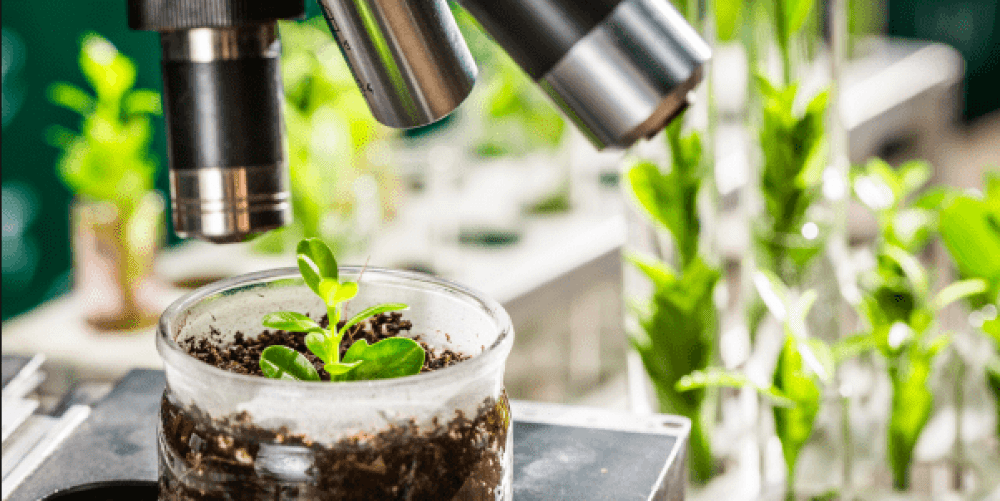Plant Pests: Vertebrates
Students will be working on the iCEV BASF Plant Science Certification modules, the lesson plans described below are for the Plant Pests: Vertebrates module.
Goal:
To recognize the various types of vertebrate pests, the areas they inhabit and ways to control the pest population.
Description:
This presentation identifies various vertebrate pests. Students will learn the individual characteristics of the pests as well as the effect each pest has on the environment.
Objectives:
1. To identify pests associated with common plants and crops.
2. To analyze the characteristics associated with common pests of plants.
3. To identify vertebrate pests.
Assignments:
Assignments will be posted on the Plant & Soil Science Google Classroom, under the “Assignments” topic of the “Classwork” tab. Please pay attention to all due dates, which will be posted on the assignments along with the instructions for the assignment.
Plant Pests: Weeds
Students will be working on the iCEV BASF Plant Science Certification modules, the lesson plans described below are for the Plant Pests: Weeds module.
Goal:
To recognize the different types of weeds, the areas they inhabit and the various ways to control them by utilizing prevention and treatment methods.
Description:
This presentation identifies various weeds. Students will learn characteristics, environmental conditions, prevention methods and treatment methods for the diseases. Students will also be able to identify pests associated with common plants and crops and determine uses and types of prevention and treatment methods.
Objectives:
1. To identify pest associated with common plants and crops.
2. To analyze the characteristics associated with common pests of plants.
3. To identify the uses and types of prevention and treatment methods.
4. To identify weeds.
Assignments:
Assignments will be posted on the Plant & Soil Science Google Classroom, under the “Assignments” topic of the “Classwork” tab. Please pay attention to all due dates, which will be posted on the assignments along with the instructions for the assignment.
